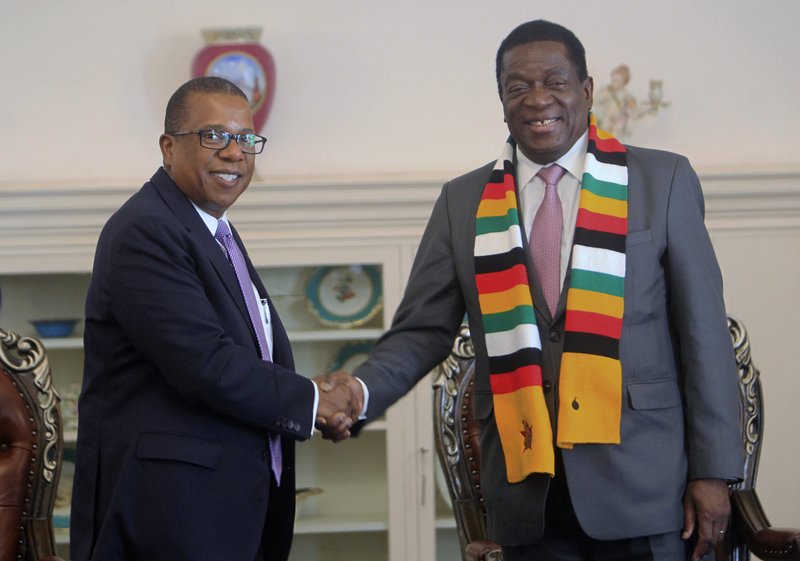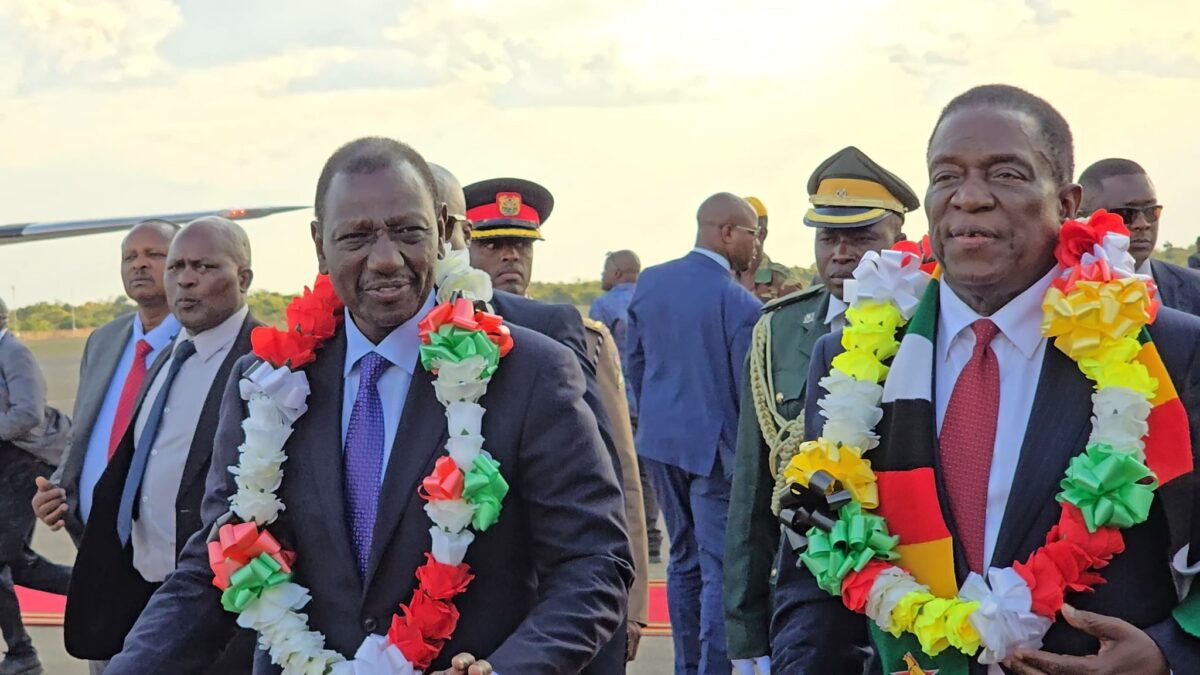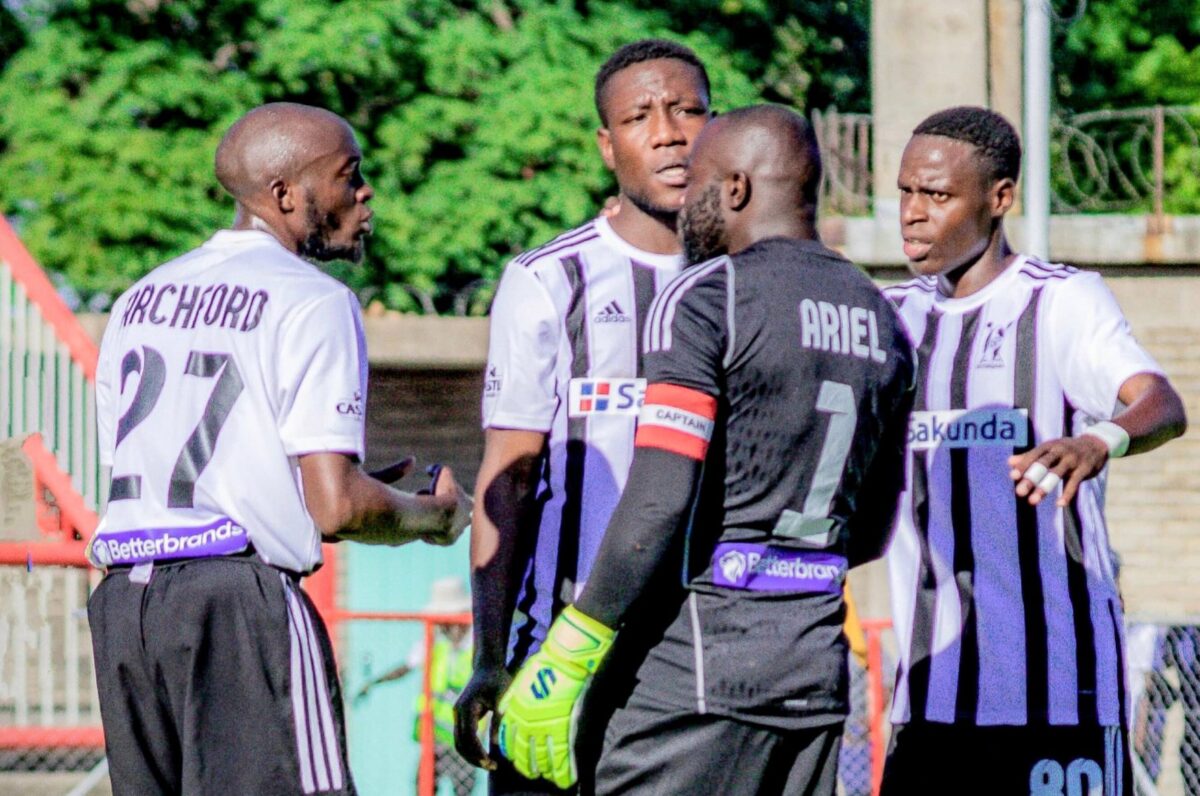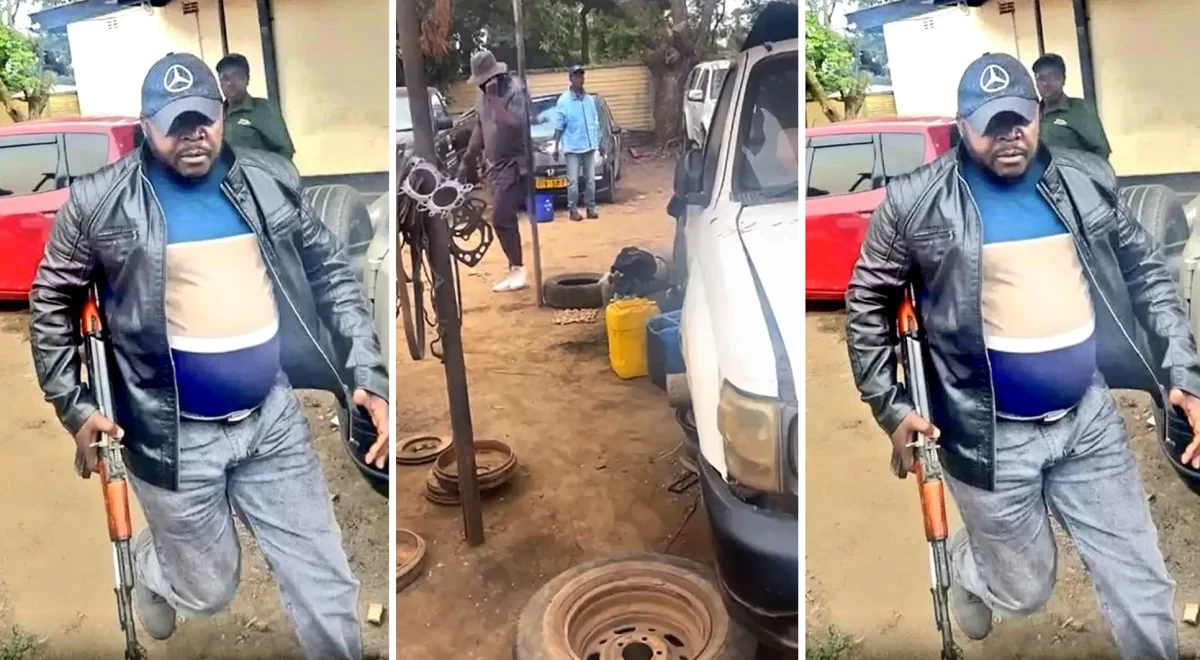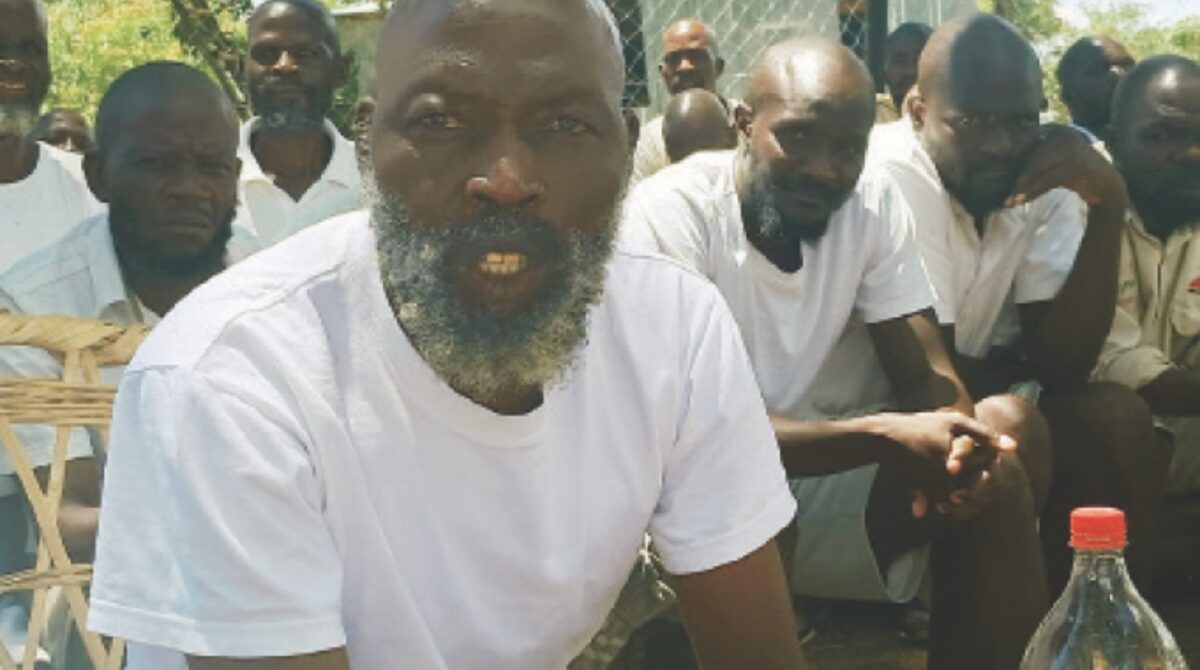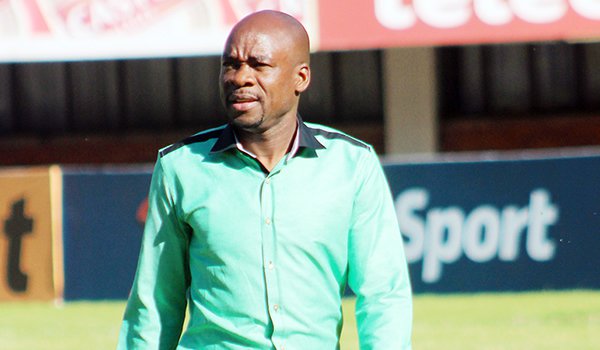HARARE – The United States summoned Zimbabwe’s ambassador on Tuesday, a day after a Zanu PF spokesman accused the U.S. ambassador to Zimbabwe of “coordinating violence” while calling him a “thug”, a “gangster” and an “Uncle Tom”.
Tibor Nagy, the U.S. Assistant Secretary of State in charge of African Affairs, on Tuesday said the comments by acting Zanu PF spokesman Patrick Chinamasa were “deeply offensive.”
“Comments from Zanu PF – while sadly not surprising – are deeply offensive. We have summoned the Ambassador of Zimbabwe to explain,” Nagy wrote on Twitter.
The Foreign Relations Committee of the U.S. Congress also rallied to support ambassador Brian Nichols, who got in the crosshairs of President Emmerson Mnangagwa’s regime with his pointed criticism of human rights abuses and the slow pace of economic and political reforms.
“Brian Nichols works to promote democracy and human rights, and has my full support as U.S. Ambassador to Zimbabwe,” Congressman Eliot Engel, the chairman of the U.S. House of Representatives Committee on Foreign Affairs tweeted.
Zimbabwe’s ambassador to the U.S. Ammon Mutembwa is set to get an earful from U.S. State Department officials, further straining an already frosty relationship between the two countries.
Without providing evidence, Zanu PF spokesman Patrick Chinamasa told reporters on Monday that Nichols was involved in subversive activities to topple Mnangagwa’s regime.
Chinamasa said Nichols was one of a “coterie of gangsters and mercenaries who are disguised as diplomats.”
“He (Nichols) continues to engage in acts of undermining this republic and if he does so, if he continues engaging in acts of mobilising and funding disturbances, coordinating violence and training insurgents, our leadership will not hesitate to give him marching orders,” Chinamasa said.
“Diplomats should not behave like thugs, and Brian Nichols is a thug.”
The U.S. embassy in Harare did not immediately respond to Chinamasa’s comments.
Political tensions are rising fast in Zimbabwe after activists called for demonstrations on July 31 against government corruption, which they blame for deepening the worst economic crisis in more than a decade.
Last month, the government summoned Nichols after a senior White House official said Zimbabwe was among “foreign adversaries” using the civil unrest in the United States following the death of George Floyd to interfere in U.S. affairs.
The U.S., Britain, E.U. embassies and the United Nations have all criticised Zimbabwe for the arrest of journalists and political challengers.
Relations between Zimbabwe and the West were promising when Mnangagwa replaced the late strongman Robert Mugabe after a coup in 2017, but have soured over the government’s human rights record.
Chinamasa urged party supporters to defend themselves from protesters and avoid a repeat of the deadly violence that followed post-elections demonstrations in August 2018 and the January 2019 protests over a steep fuel price hike.
“No, this time no. Use any means at your disposal to defend yourselves,” Chinamasa said.
Organisers say this week’s protests will be peaceful.
